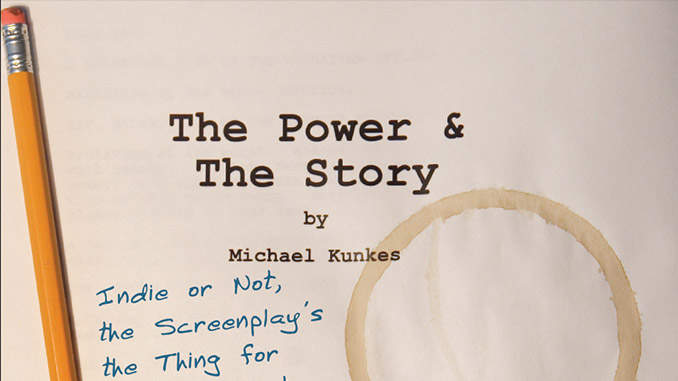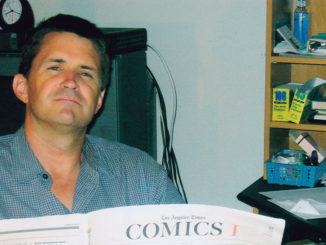
I really appreciated Michael Kunkes’ article on story analysts (“The Power & the Story,” Editors Guild Magazine SEP-OCT 05), particularly how he highlighted the fact that the job isn’t necessarily about what the analyst personally likes. Good analysts know their own opinion is just a part of what needs to be taken into consideration and that stepping outside of themselves to examine a script from a different point-of-view—whether it be that of the producer or company they work for or from the perspective of the potential audience—is key in writing a complete analysis of the potential project.
In that regard, my own conversations with non-Guild analysts (a great majority of whom are fresh out of college) has shown that they view the job merely as a stepping stone to other positions. Too often, these types of readers will view the work as nothing more than an opportunity to state their opinion, sure that this is how to impress an executive with their taste and knowledge and unaware of how limited that opinion is in many circumstances—such as judging the potential of a script for a foreign market.
The job isn’t necessarily about what the analyst personally likes.
Though Guild readers often do have their sights set on other positions (such as development executive or writer of their own scripts), they also have already acquired the breadth of knowledge that is necessary for doing the job right. Inexperienced readers often focus on mundane issues rather than the greater scope of the projects just as a way to try and establish that they have an opinion. I’ve read coverages where the reader criticizes the script’s location (“Why is this set in Pittsburgh?”) for no apparent reason other than that the reader doesn’t like (or has never been to) the place in question.
I’ve never found that non-Guild readers aren’t as conscientious about their work, as they want to do a good job in the hope that they can impress someone and “move up,” but they basically just don’t know how to do a script justice beyond their own opinion of its quality. When judging a script, it is best to have readers who have seen the whole range of good, bad and generic scripts to know where the potential gold can be mined.
Guy Phillippi, Story Analyst





